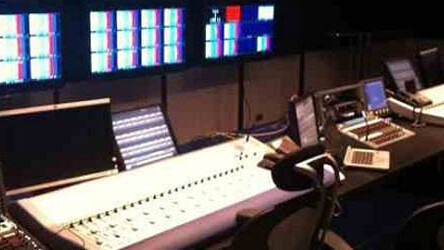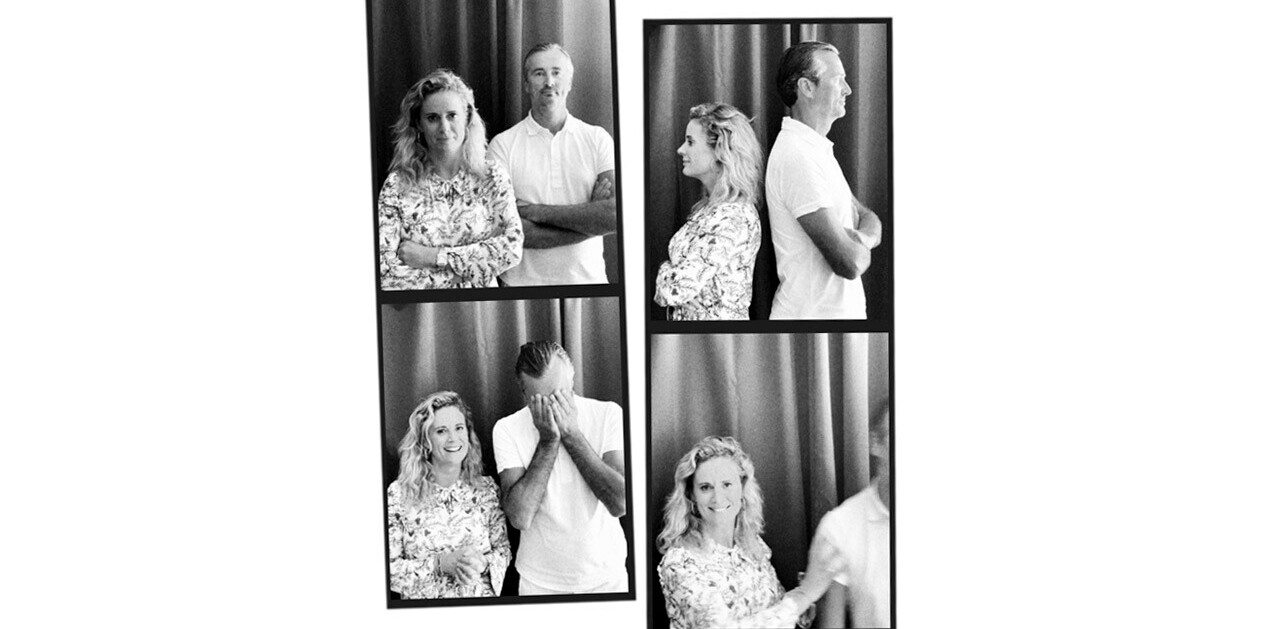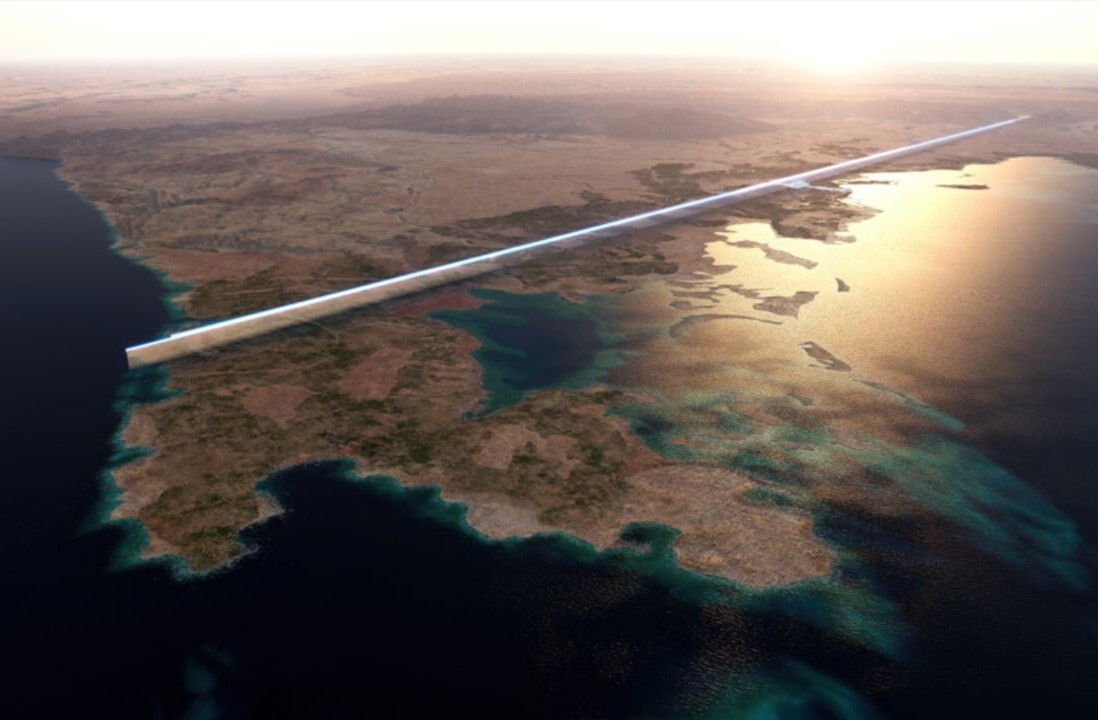
The Olympic coverage by the BBC has been praised almost universally as audiences have had unprecedented access to 24 streams, a huge catalogue of material on demand and some sweary Belgian fans that were dealt with gracefully.
The stats have been phenomenal too. As Cait O’Riordan, Head of Product, BBC Sport and London 2012 says in her blog post today, “We’re breaking digital audiences records every day.”
More interestingly on that post and probably to the chagrin of other broadcasters, the BBC is proudly showing off the process that is bringing all of that coverage to so many people in so many ways.
Naturally it’s all captured with cameras and piped over to your device. Of course the way it gets there is not by magic. The image here gives a sense of the set up required to make the multiple streaming coverage happen.

O’Riordan explains the process with the Women’s Individual Cycling Sprint as an example.
The video is shot trackside sending the footage via the BBC’s gallery at the International Broadcast Centre in Stratford to BBC Sport’s new production HQ in Salford. Once there it’s prepped for various devices and encoded for delivery.
The BBC’s coverage has become a hit because of the data that enriches the video coverage. Data about the event is sent from the Olympics Broadcasting Services (OBS) to the BBC’s database, so stats, schedules and highlights can be added to content.
Loggers 200 miles away in Salford also augment the data and mark key moments in the footage, highlighting the Team GB athletes.
Finally this is all put together for the BBC Olympics interactive video service, giving audiences a neat presentation of almost anything they might need to know when watching an event take place.
O’Riordan points out that there is a lot of work between organisations that makes the BBC’s coverage work so well. She says, “It’s important to emphasise that this is a collaborative endeavour, one that relies on the BBC harnessing the expertise of a number of partners from across the broadcast and technology industry – from OBS to the CDNs, they all play a vital role in this journey.”
You can read more about this in detail in the rest of her post on the BBC Internet Blog.
With smart technology working with creative broadcasting. It’s no wonder the rate of VPN downloads for UK content has skyrocketed.
Disclosure: I produce a weekly technology feature for BBC Radio 5 Live, called Outriders.
Get the TNW newsletter
Get the most important tech news in your inbox each week.




